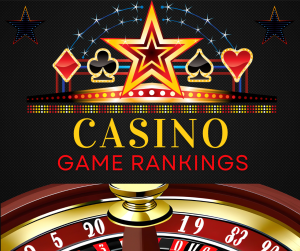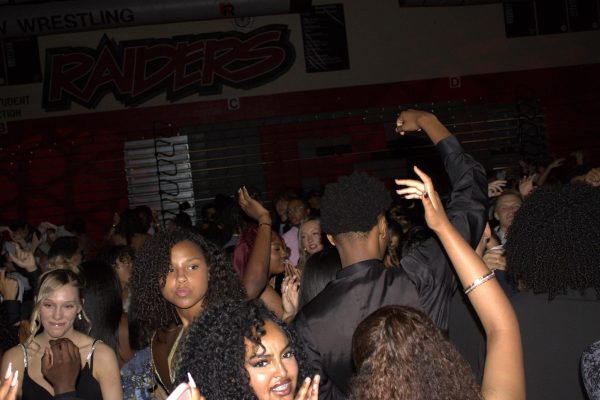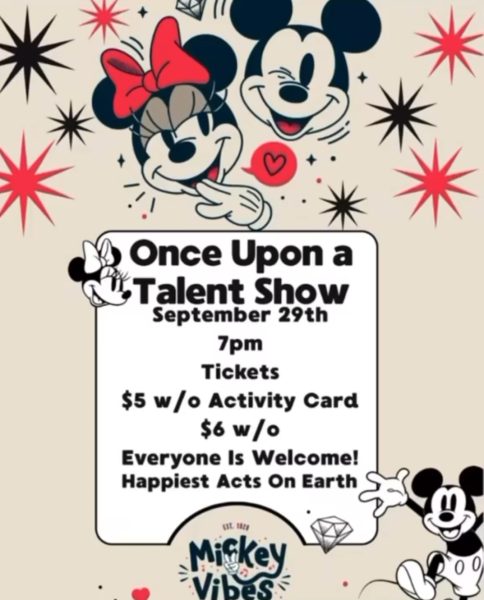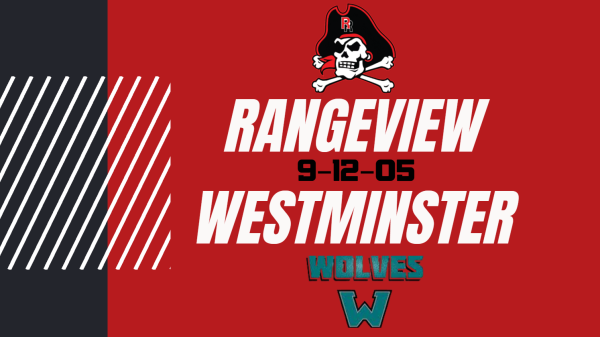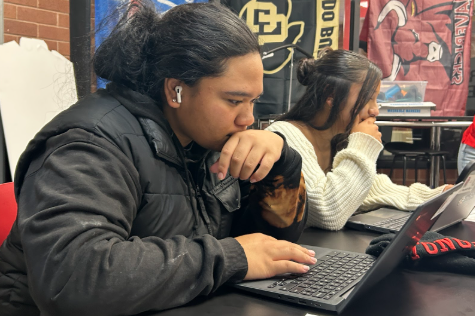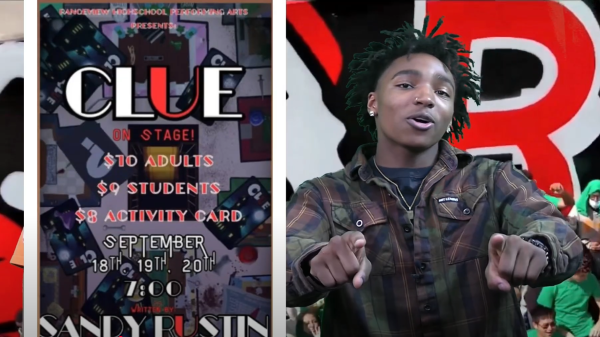Games are Good, Actually
January 17, 2020
There are many times where it is seen on the news that games cause violence; it has been repeated over and over again that violent video games are the catalyst to violence in real life. It has been one of the biggest controversies that just keeps coming back.
Good games that become successful have a lot of heart in their content, from interesting concepts to intriguing storytelling — there is just more to games than multiplayer battle royales. Because we now live in an age where technology has free access, there is an opportunity where people can make stories for free in a completely new medium that involves both writing and a visual medium.
Stories impact people, whether they know it or not.

There is more content and work into games that a lot of people may not realize at face value. For example, one indie game released in 2015 titled Undertale. Mostly known as a target of cringe culture, Undertale has presented a scenario where the player can choose whether to fight, or choose a more pacifistic route in normal turn based game encounter.
This specific game tests the basis of morality and in turn, can change the perspective that every choice you have in a game is part of the coding, and every decision you make is one you are saddled with the next time you press to save.
“Video games teach us lessons like old books do; you learn stories that come with morals that are useful for life,” Junior Sean Ryland-Winter said. “Like how in Undertale, you learn that the world isn’t kill or be killed, you can always have a third option. Video Games are the new version of old books that retell lessons.”
Sure this is just an example of one game, but there are other examples too — The Walking Dead games that explore the impact of making decisions. There is Firewatch and Among the Sleep which explores the idea of paranoia.
Even with violent games, like mentioned with The Walking Dead games, the player has to make choices that can change the entire storyline with just one single decision. If you wait too long, the character’s well being is in danger by the indecisiveness.
However, games don’t only revolve around the nuances in storytelling.
What amount of content does a game bring to the table to make a cultural impact? There is a simplicity in games that can make it impactful — this is why Tetris survived as long as it did because it has a simple premise: rotate the blocks so that the rows are filled, the more rows you clear, the faster the pieces are going to fall. Or another game, Snake, where you collect little pellets as a snake to grow longer but if you run into anything, you lose.
There is something so iconic in a premise of a game that it can make the simplest of actions turn into endless — not to mention mindless — fun. From this fun, people can just get a break from anything stressful. There are a lot of people who play games for the fun of it and to wind down from a stressful day at work.
There has been a study where playing games actually helped the memory of Alzheimer’s patients. It is mainly simple games, but there is data that suggests that gaming does help the cognitive function of the brain as it stimulates the thinking process.
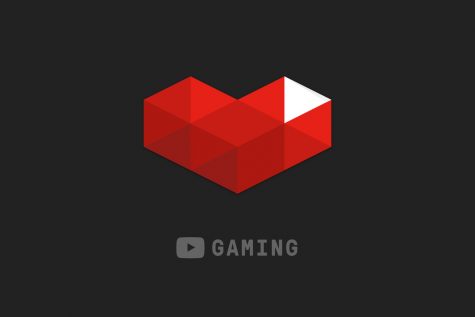
“The trials tested the game on 42 patients over 45 with amnestic mild cognitive impairment – which can be a precursor or warning sign of dementia,” an article from Telegraph.co.uk states. “For a month, half played Game Show for two hours a week and the rest played no video games at all. The results, in the International Journal of Neuro-Psychopharmacology, showed players improved their ‘episodic’ memory by about 40 percent.”
The games help those with dementia by allowing the players to train their thinking and in turn, essentially train the brain to become stronger like a muscle. Although it is not the ultimate solution to cure it, it does improve thinking as it is both entertainment for those who dislike repetitive actions, but also can train your brain in beneficial ways.
Overall, games in general are one of the few platforms that take up a massive portion of entertainment — and creators can take advantage of this as it is a new platform to explore and create for the benefit of others.

